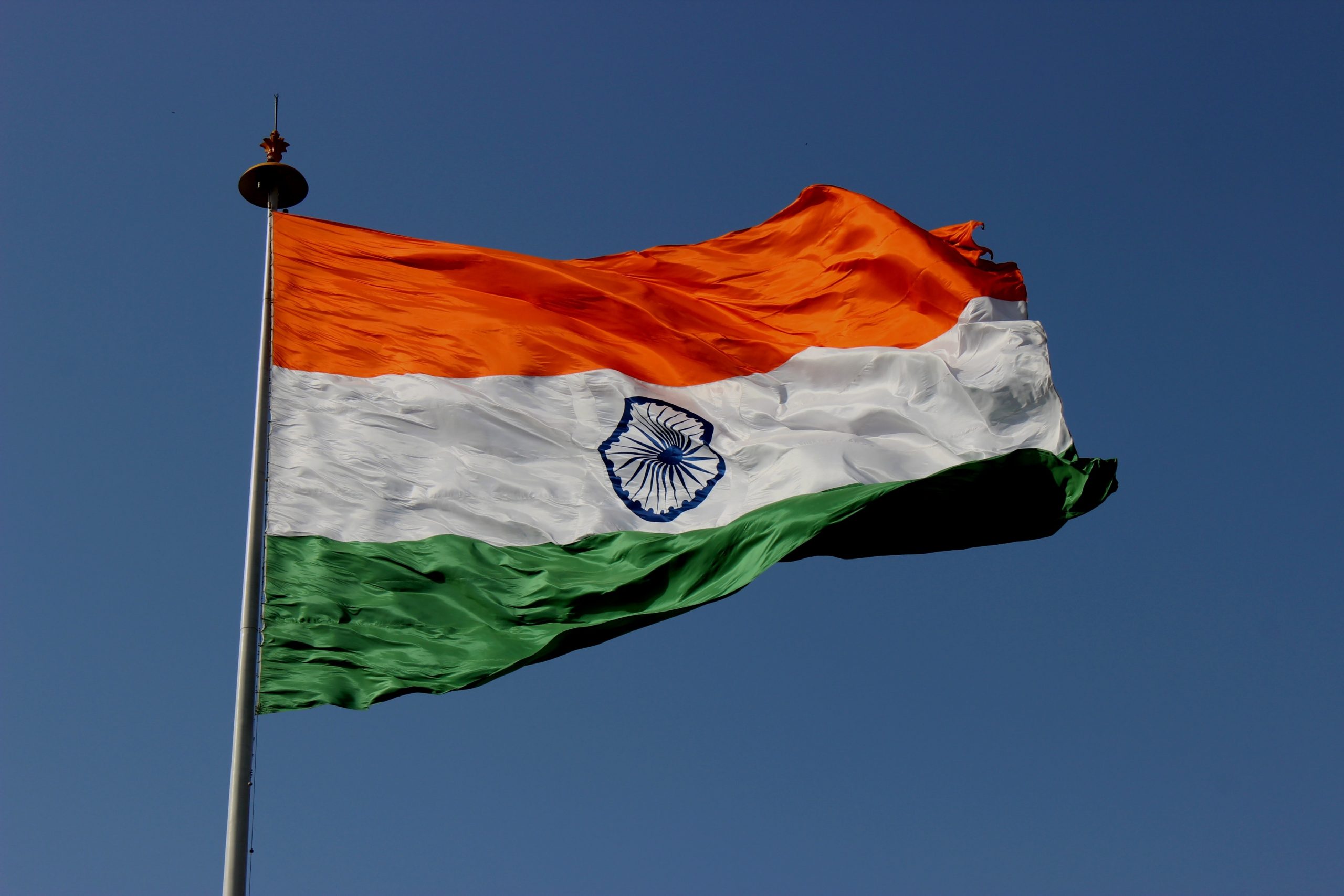Watching the hundreds of funeral pyres light up the night’s sky, as many regions of India struggle to bring the latest wave of Covid-19 under control, has touched the world.
This must have been first and foremost during Prime Minister Boris Johnson’s recent call with India’s PM, Narendra Modi, which also led to an extra £1billion in trade and investment being agreed between the two nations. India has passed 21.5 million cases, and the virus has affected not only the large cities but second cities and rural areas too.
Moving away from the difficulty of the here and now, the UK-India relationship has a bright future. Both Covid and Brexit underscore the importance of the UK’s future economic and trading relationships around the world. Aside from the obvious health effects, the Covid pandemic has depressed the UK economy, which is desperate for growth. Brexit has compounded the challenge as the UK needs to seek fresh relationships with important foreign markets such as India. It was notable that the recent integrated review by the government, which assesses the UK’s future foreign, defence and trading outlook, advocated a pivot to the “Indo Pacific.”
India is an important part of the UK’s post-Brexit future. The country is viewed romantically by many Brits who reference shared language, culture and history, but the current and future relationship can really flourish if we focus on certain areas. The UK-India relationship is meaningful to me for personal and business reasons. Whilst I have lived in the UK for almost 50 years, my family originates from India and I am proud of that. In 1991, I started a pharmaceuticals business called Morningside from a garage and three years later, we started doing business in India. Given my ties to the sub-continent, it was a real privilege when I took part in the business delegation when Prime Minister Theresa May visited India five years ago.
Going forward, the relationship between the UK and India should be characterised by the 5C’s. First, Covid, which both countries have and still suffer from. As we know, the second wave in India has been lethal and there are around 400,000 official cases per day, with the actual number likely to be much higher. The UK has been sending urgent medical supplies to India. It is heartening too that the UK and India have been working together on rolling out vaccines. Over a billion doses of the Oxford-AstraZeneca vaccine are being produced by the Serum Institute of India.
The second C is commerce, which was the focus of last week’s announcement which aims to double trade by 2030. UK-India trade is already worth £23 billion in 2019, and supports around half a million jobs in each other’s economies. Pharma is a particular sector of strength, with UK exports growing by 21.4% to £96.75m in 2019. I know from my visits that India is particularly keen on Britain’s burgeoning expertise in Life Sciences, MedTech and diagnostics.
A Confederation of Indian Industry survey in that same year highlighted the potential of Indian businesses in the UK, identifying 844 Indian companies operating in Britain, with combined revenues of over £48bn. UK political and business leaders appreciate that the Indian economy is expected to have one of the fastest growth rates in the G20 this year, and offers a market of 1.4 billion people. According to many estimates, India will be the third largest economy in the world by 2030. Given these encouraging statistics, therefore, it is no surprise that the UK views India as such an important economic and trade partner.
Third C for community refers to the British Indian community numbering some 1.5 million, which provides the rocket fuel in the relationship. They contribute hugely to the economic, cultural and social fabric of the UK. Whilst comprising just 4% of the UK population, they pay some 10% of taxes to the Treasury. The Anglo-Indian community is an entrepreneurial one. Research last year showed that Indian diaspora-owned companies have a combined revenue of over £35 billion and employ over 174,000 people. British Indians have reached the top of business, politics, the professions, science, the arts and other areas of public life. Indian culture has mainstream appeal whether it’s food and the ubiquitous curry house or film through Bollywood classics.
Fourth, the C of Commonwealth is an important glue in the relationship. India, of course, is the giant of the association. It joined in 1949 as a founding member when Nehru explained: “We join the Commonwealth because we think it is beneficial to us and to certain causes in the world that we wish to advance …….it is better to keep a co-operative association going which may do good in this world rather than break it.” Having hosted the last Commonwealth Summit, the UK is the Chair- in-Office and with India, they are two pivotal forces in working together to maximise its effectiveness.
The final C is climate change. Later on this year, in November the UK will host the global climate change talks, COP-26. India is a key country and is one of the countries which could be most affected by global warming. There is scope to collaborate on shared solutions, which is already happening on issues such as scaling up the electric mobility markets.
Whilst Boris Johnson’s recent planned visits to India have been cancelled twice, there is so much potential in the UK and India relationship. Together our two countries can work together on shared challenges and mutually beneficial trade. In cricket, India has just won an exciting Test Series at home, and (Covid-permitting) will hopefully play on English soil this summer. Whilst it’s winner-takes-all on the cricket field, we can plot a better future together by focusing on the 5 C’s, and enable the bilateral relationship to go from strength to strength.









